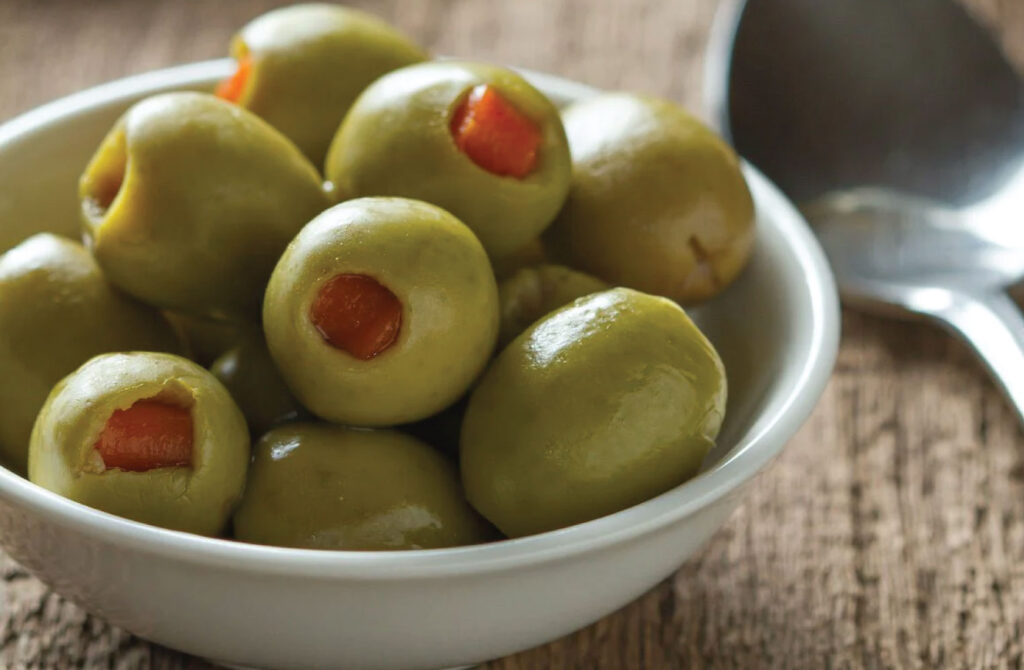Pakistan has the potential to achieve self-sufficiency in edible oil within a decade by harnessing the extensive capabilities of olive farming and utilizing millions of wild olive trees across the country. A discussion held at the Institute of Policy Studies (IPS) in Islamabad highlighted this transformative prospect, emphasizing the immense possibilities for indigenous olive oil production to save an annual expenditure of $4.5 billion on edible oil imports and stimulate a flourishing olive export market.
Moderated by Naufil Shahrukh, GM Operations at IPS, the discussion featured insights from prominent figures, including Khalid Rahman, chairman of IPS, Dr. Faiyaz Alam, general secretary of Dua Foundation, Shabbir Soomro, author and journalist, and Dr. Ghufran Saeed, Assistant Professor at the Department of Food Science and Technology, University of Karachi.
Dr. Faiyaz Alam and Shabbir Soomro, co-authors of a recent book titled “Pakistan Main Zaitooon Ki Kashat – Tareekh, Tajurbat, Aur Imkanaat,” shared their research on the history, status, and potential of olive farming in Pakistan. Soomro highlighted that despite the presence of approximately 85 million wild olive trees in Pakistan, their full potential remains largely untapped due to a lack of awareness and knowledge among the local population.
The book, a culmination of extensive research, interviews, and expertise, aims to bridge the awareness gap surrounding the rich resource of olive trees in Pakistan. Soomro emphasized that by promoting nationwide awareness, the book seeks to enlighten readers about the abundant possibilities and benefits hidden within the country’s olive trees.
Dr. Faiyaz Alam underscored the transformative impact of arid agriculture and expressed concern about the mainstream media’s neglect of such issues. He lamented the lack of acknowledgment and rewards from governments for agricultural scientists and farmers contributing significantly to olive variety introduction and essential food processing technologies.
Highlighting recent efforts, Dr. Faiyaz mentioned the seeding of 5.6 million new olive trees across 50,000 acres of land in regions including Sindh, Balochistan, Khyber Pakhtunkhwa, and Punjab. Two million of these plants are already yielding fruit and producing several tons of olive oil for both local consumption and export. With approximately 75 percent of Pakistan’s edible oil being imported, Dr. Faiyaz emphasized that the $4.5 billion expenditure on imports could be redirected towards self-sufficiency through olive cultivation.
Dr. Ghufran Saeed highlighted the wasted potential of wild olive trees each year due to the lack of awareness and initiative at all levels. He stressed the need for collaboration between academia, industry, and government to exploit agricultural assets effectively.
In concluding remarks, Khalid Rahman emphasized that unlocking the potential of olive cultivation goes beyond agriculture; it is a health and national economic imperative. He urged a reevaluation of Pakistan’s strengths and weaknesses, suggesting that success stories in olive cultivation should be incorporated into educational curricula. Additionally, community institutions like madrassahs should play a role in motivating people with the prospects offered by olive cultivation.
Rahman emphasized the need for an indigenous framework that integrates research, local efforts, and societal motivation. He envisioned that these efforts would not only drive agricultural growth but also lead to a holistic transformation of the national socio-economic fabric. Overall, the discussion outlined a roadmap for Pakistan to leverage its olive resources for economic self-sufficiency and development.
